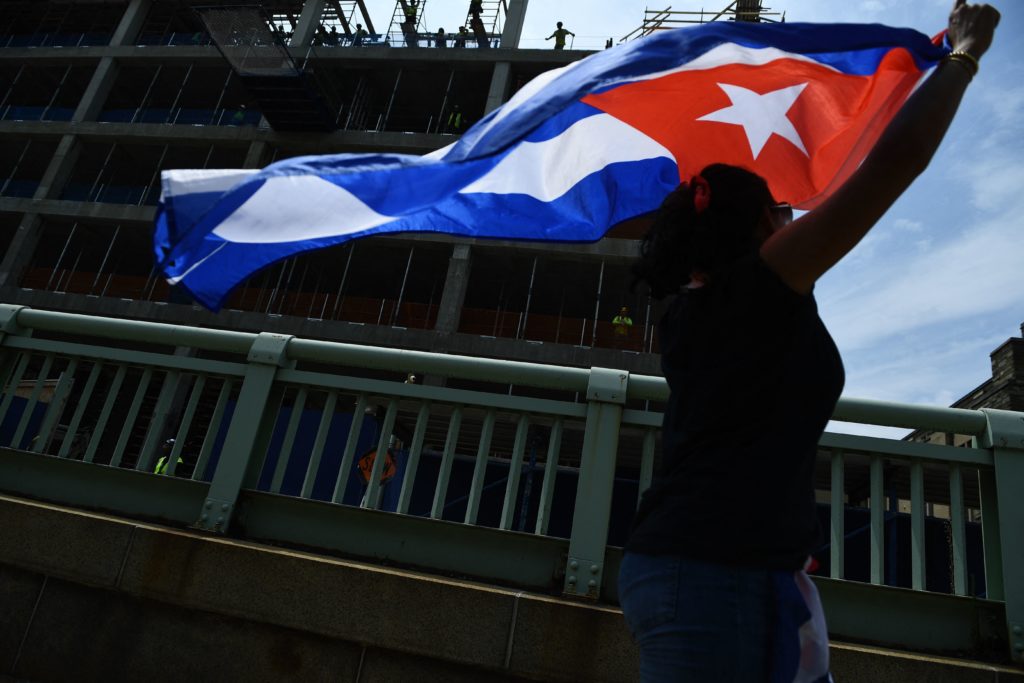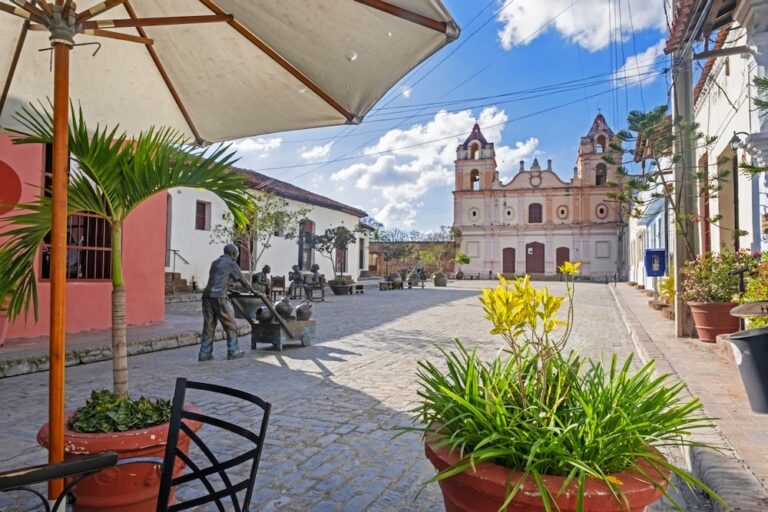One month after the massive protests in Cuba on July 11, we as human rights organizations reiterate our concern over the government’s repressive response. This response has resulted in serious human rights violations against protestors and further polarization among different segments of the population. It has also made dialogue and openness to listening to and addressing social demands impossible once again.
With regard to human rights violations, we have documented acts that have put the physical and psychological well-being of protestors at risk, as well as their personal and legal security. These acts are in violation of the rights to assembly, freedom of expression, access to information, and the right to defend human rights.
In particular, Cubalex has made record of the following:
- 837 people were arrested during protests. 47% of these arrests were made on July 11 and 10% on July 12; in 25% of cases, the exact date of arrest is unknown.
- 33 people between the ages of 14 and 18 were detained. According to Cuban legislation, the minimum age for criminal responsibility is 16 years old. At least four people under the age of 16 were arrested during the protests, and, in these cases, justice was served through administrative and non-criminal procedure. Therefore, due process was not guaranteed, such as the right to the presumption of innocence and to effective defence. The principles of public proceedings and transparency, impartiality of judges, and equality of parties (confrontation) and immediacy, were also violated. This is when judges determine Habeas Corpus proceedings without having the person who was arbitrarily arrested before them and without giving them the opportunity to have trial evidence considered. As such, they arrive at a firm conviction based solely on documents provided by the police and the Public Prosecutor’s Office.
- Of those who were released[1], at least 44 were ordered to pay a bond of between 2,000 and 5,000 Cuban pesos, pursuant to Article 8.3 of the Criminal Code, whereby criminal proceedings are closed in the investigative phase due to police decision; however, given the amount, a criminal record is kept. Others were given administrative fines as per the provisions of Decree 31/2021 on the spread of pandemic disease. In these cases, processing continued as according to protestors’ statements they were also given written notice, and non-custodial precautionary measures were applied, such as house arrest and obligations incurred through notice (signed in police stations). This violates the “ne bis in idem” principle that no one can be prosecuted or tried twice for the same act.
- 10 people remain victims of enforced displacement[2].
Those imprisoned denounced acts of torture and abuse, such as beatings, electroshocks, verbal attacks, threats of sexual abuse, the use of dogs to intimidate (some were bitten by dogs late at night), sleep disruption, isolation in dark cells, deplorable sanitary conditions and overcrowded cells, increasing risk of exposure to COVID-19. Numerous such testimonies can be found on various media outlets and social media platforms.[3]
Prisoners described degrading treatment such as unjustified nudity and being forced to do squats while having their genitals searched. They were also forced to chant “revolutionary” slogans like “Long live Fidel” and “Long live Díaz Canel”.
Many of those released lost significant weight due to insufficient food and unhygienic preparation and storage of food and drinking water.
To date, there are reports of arrests made in all of the country’s provinces, including the special municipality of Isla de la Juventud. 28% of arrests were made in Havana, the province with the most detainees (224), followed by the provinces of Santiago de Cuba and Holguín with 11%, Villa Clara and Mayabeque with 8%, and Matanzas and Artemisa with 7%. It is unknown where 4% of documented cases are being detained.
Therefore, we the organizations that defend and promote human rights and fundamental freedoms in Cuba announce that we will send various communications to the United Nations Special Procedures, given the Cuban government’s lack of compliance with international human rights standards. The aim is for Cuba to adopt certain measures that will lead to ending repression and the systematic violation of people’s rights, and, by contrast, generate conditions that guarantee the exercise of their rights.
We call upon the Cuban government to report transparently and without obstacles on the legal proceedings faced by those who have been penalized by authorities since July 11, even if they’ve been released. Special attention should also be paid to the status of cases involving minors. We recognize the imperative need to approve legislation on the right to assembly and peaceful protest that prevents the criminalization of these acts.
We support diverse citizen initiatives that primarily call for the immediate release without charges of those detained during protests, and the release of activists and artists who await trial while being deprived of their liberty. It is also urgent that the authorities report on the whereabouts and physical and legal condition of those who, to this day, are victims of enforced displacement.
Likewise, we join in the call from Cuban civil society made to various international bodies and democratic governments to take a stance against the violence unleashed by the Cuban government on citizens who protested peacefully on July 11.



